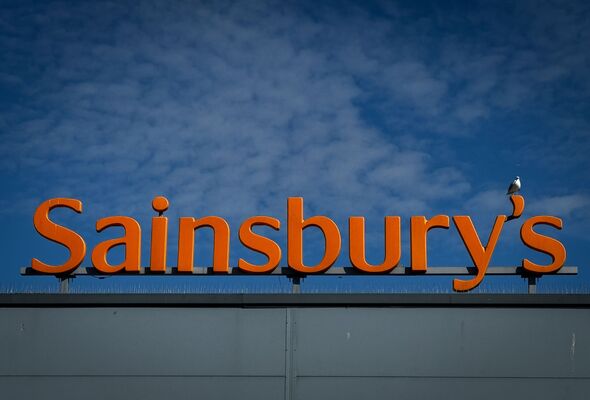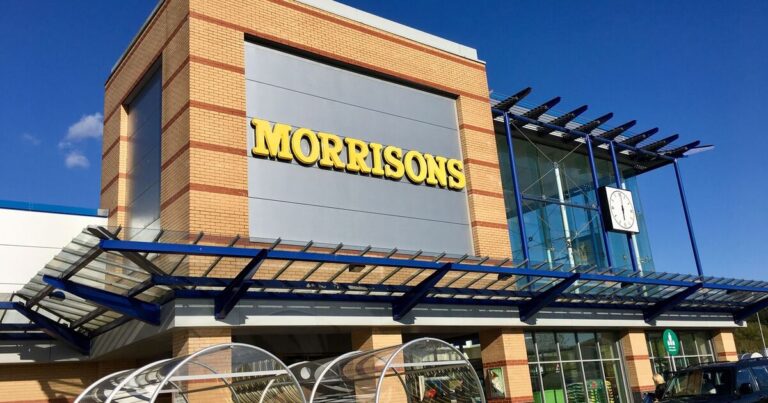
Brits are ditching big-name brands in record numbers as they battle to keep food bills down, with supermarket own-label products flying off the shelves.
New data from Kantar shows own-brand products now make up 52.3% of all sales – a historic high – as shoppers seek better value amid the cost-of-living crisis.
And it’s not just own-label goods that are on the rise – supermarkets have ramped up discounts, with January seeing a £274 million surge in promotional spending, the highest level since 2021.
Fraser McKevitt, retail expert at Kantar, said: “Supermarkets were dishing out the discounts this New Year and consumers responded.
“Spending on promotions rose year-on-year by £274 million, accounting for 27.2% of sales – the highest level in January since 2021.
“People also turned to non-branded products to help keep costs down, with own label as a proportion of sales hitting a record high of 52.3% in January.
“Spending on supermarkets’ own lines was up 5.4%, helped by consumers buying premium own label products in the couple of days leading up to New Year’s Eve.”
The switch to own-label products will fuel profits at the supermarket giants who make much more on these items than on the big brands. Tesco is on course to boost profits to more than £2.9 billion for the current fiscal year with Sainsbury’s expecting to make more than £1billion
Despite this, the major supermarkets have recently announced thousands of job cuts and warned of price increases due to increases in taxes, particularly National Insurance, announced in the October budget.
Food price relief at last?
The good news for cash-strapped families is that grocery price inflation has eased from 3.7% to 3.3%, bringing some long-overdue relief. Prices are falling fastest on ambient cooking sauces, household paper products and cat food, while they are going up on chocolate, chilled smoothies and juices, butters and spreads.
Kantar said household budgets remain tight, with savvy shoppers prioritising bargains and healthier choices.
Over £1.2 billion was spent on fresh fruit and veg in January, with sales £193 million higher than in December, as shoppers tried to kickstart their health goals.
Nathan Ward, consumer expert at Kantar, said: “Over a quarter of food and drink purchases in January were made with health in mind.”
Even the drinks aisle has seen a shift. Sales of low and no-alcohol beverages jumped 7%, proving that more Brits are cutting back on booze after the festive season.
Supermarket wars: Who’s winning?
The battle of the supermarkets is hotter than ever. Lidl clocked up its third year of consecutive growth, with sales up 7.4%, securing a 7.2% market share and Aldi also gained ground, rising 4.2%, now holding 10.2% of the market.
Tesco remains king, grabbing 28.5% of total sales – its best performance since April 2024, while Ocado, which has a sales partnership with Marks & Spencer, is the fastest-growing grocer, soaring 11.3% as online grocery shopping booms.

















